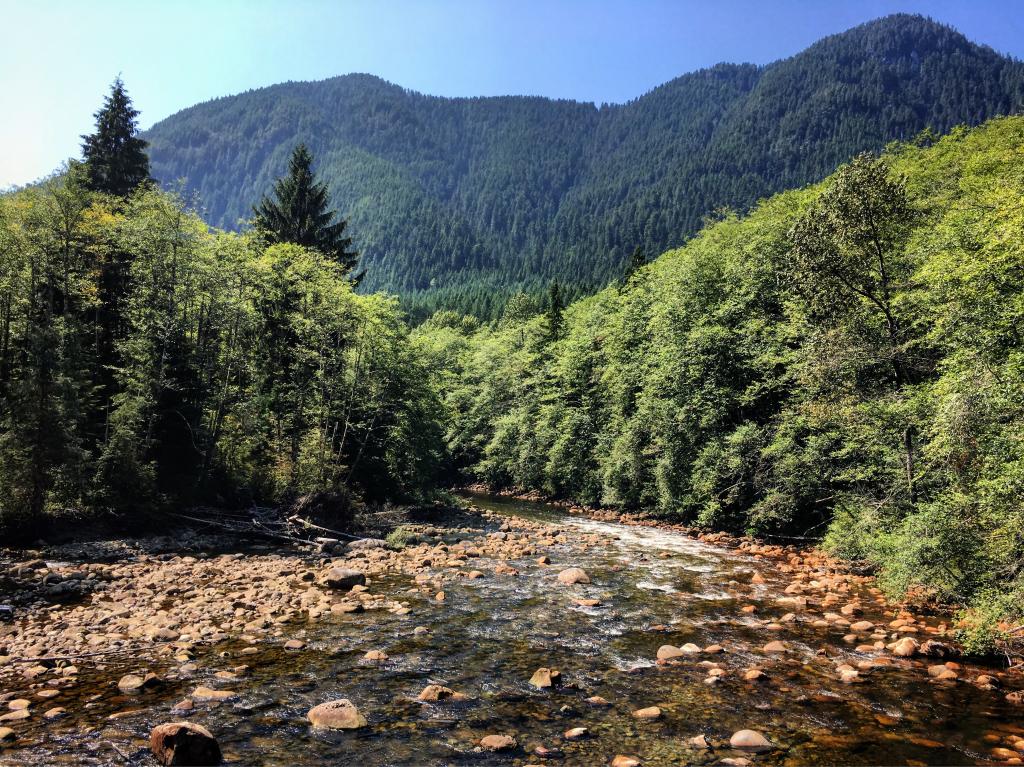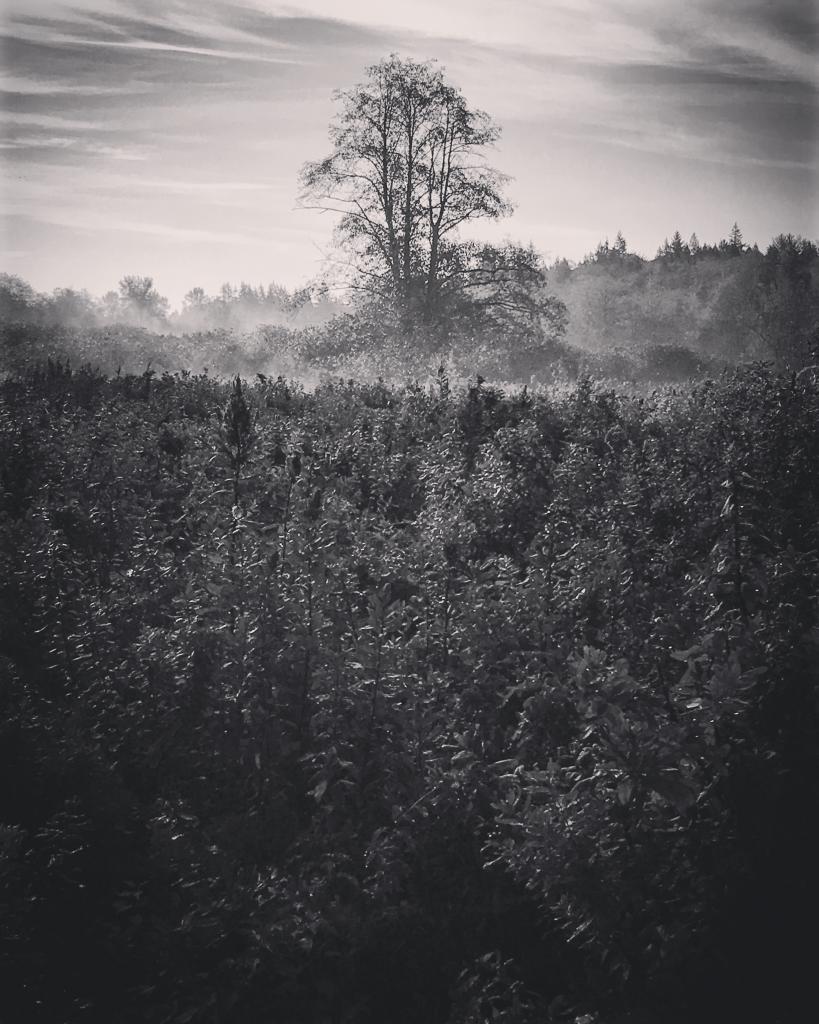As the Age of the Anthropocene ripens, debates over how to respond are raging. Behind the disparate strategies are two foundational stories about the nature of the natural world. On the one hand is the very old idea that the world is a super-organism. Mutualism, cooperation, and interconnection are the dominant adjectives to describe this world. That the parts are integral to an intricate whole. This has manifest in ideas like the World-Soul, the Ecosystem, and more recently Gaia Theology.
On the other hand, is the notion that the world is an accidental amalgam of organisms. That the parts only form tentative coalitions. Competition reigns and each organism is fighting for their life. It is the law of eat or be eaten, only the strong survive.
I recently came across two videos on Youtube that perfectly captured the soaring hopes of these two camps for the future of the planet. Each is backgrounded by soaring music and narrated by pithy couplets of ‘facts’ about the world.
The first describes the myth of the wolves in Yellowstone, and how reintroducing apex predators almost magically restores the balance and integrity of the whole. The point, of course, is that intact ecosystems, free of human intervention will take care of themselves and that human beings need to step back and let nature be wild. The solution is not geoengineering, but more wilderness, more restoration, more intact ecosystems.
The second is about Ascension Island, where when it was encountered by European colonialists, had very few native species, but now, entirely through human introduction, has a thriving ‘novel ecosystem.’ The point, of course, is that the world and its life are dynamic, adaptable and resilient and that human beings can play a role in restoring ecosystem services to the planet if we would just put our minds to it. The solution then is not more protected areas, but more human intervention, tinkering and experimentation.
See for yourself, what do you think?











